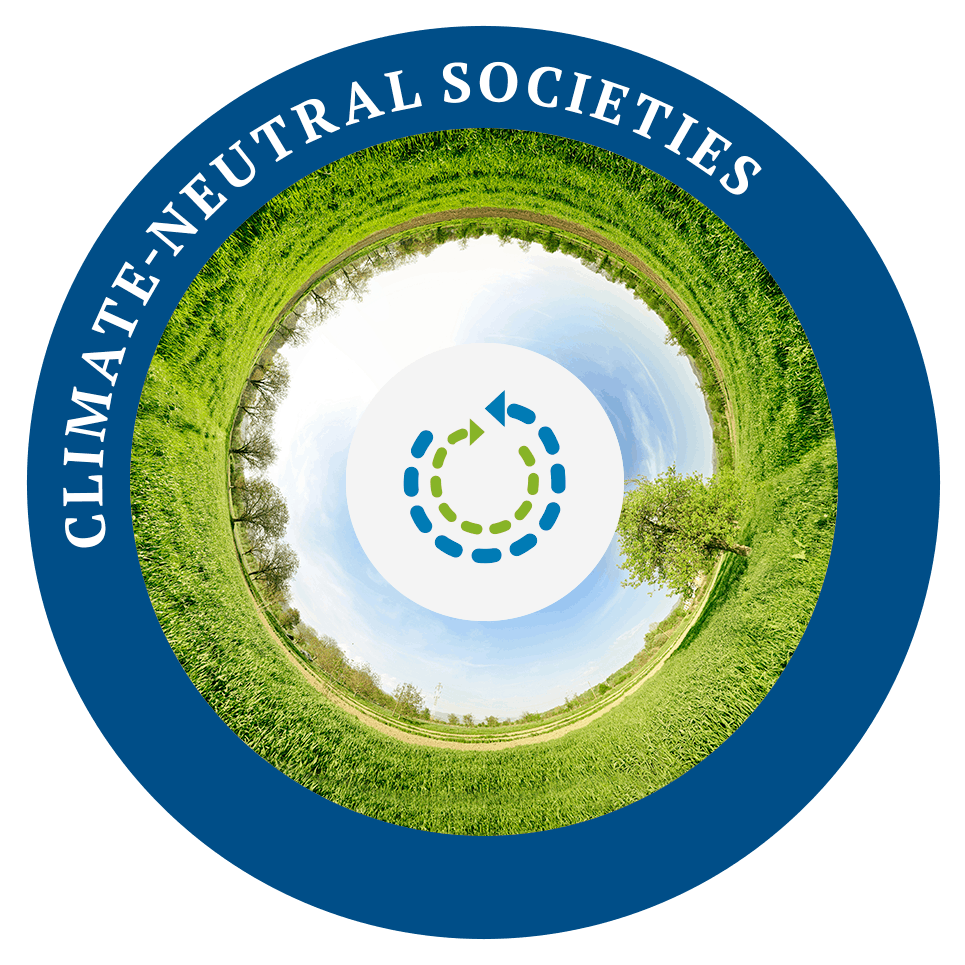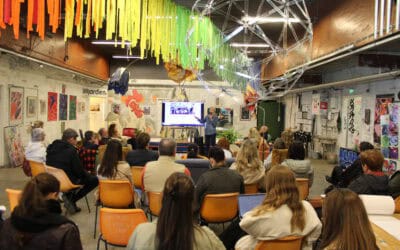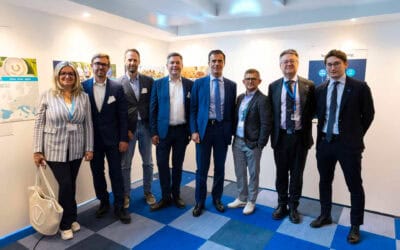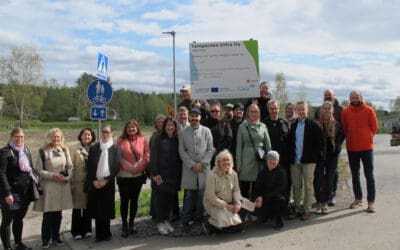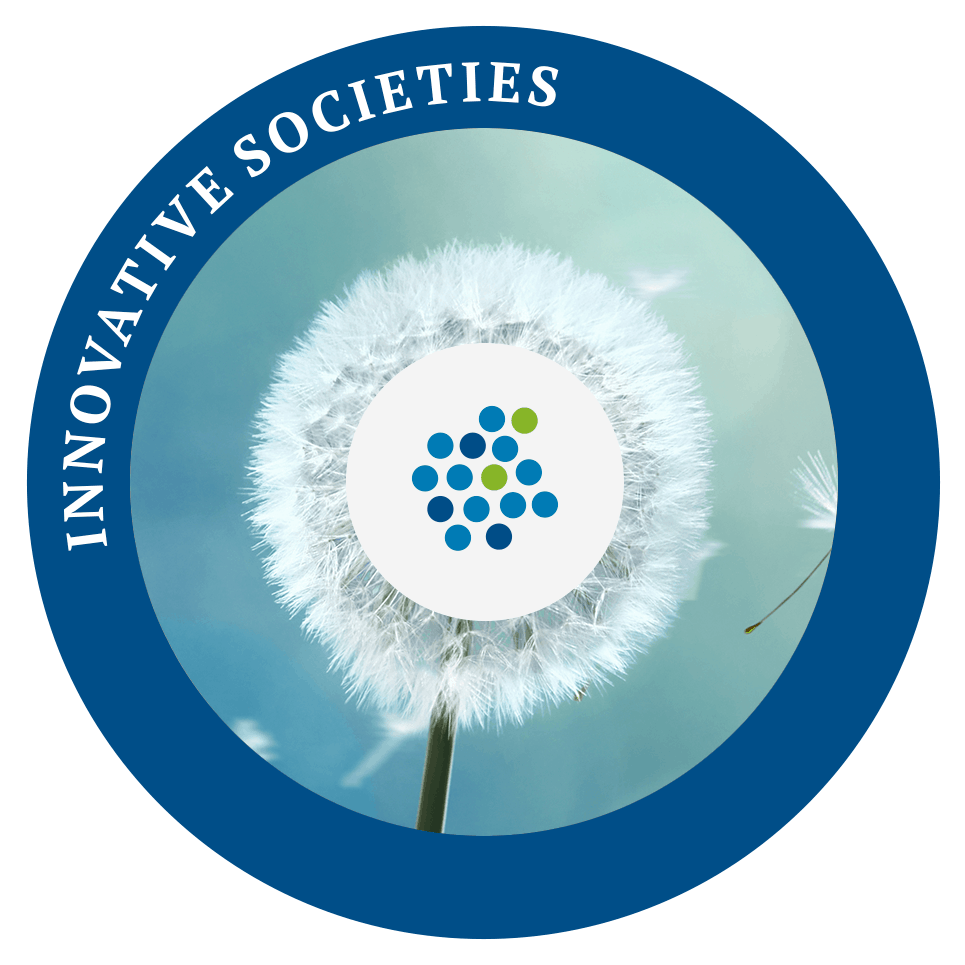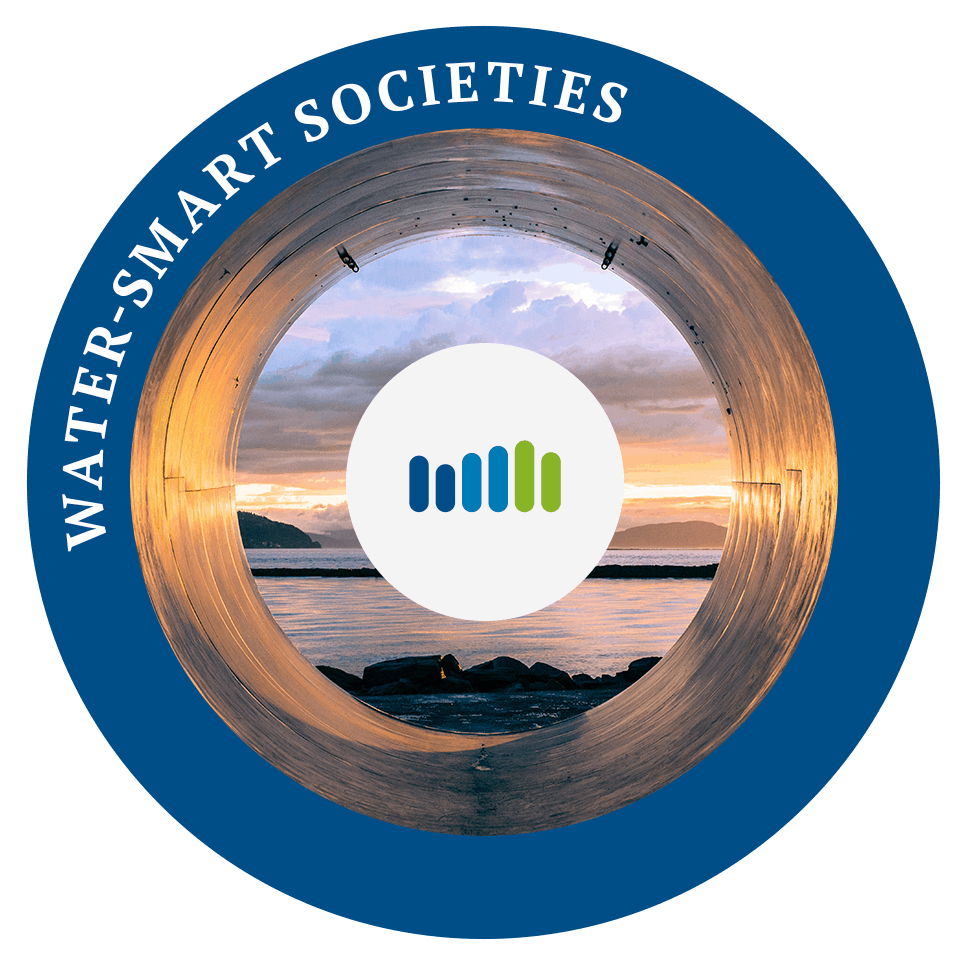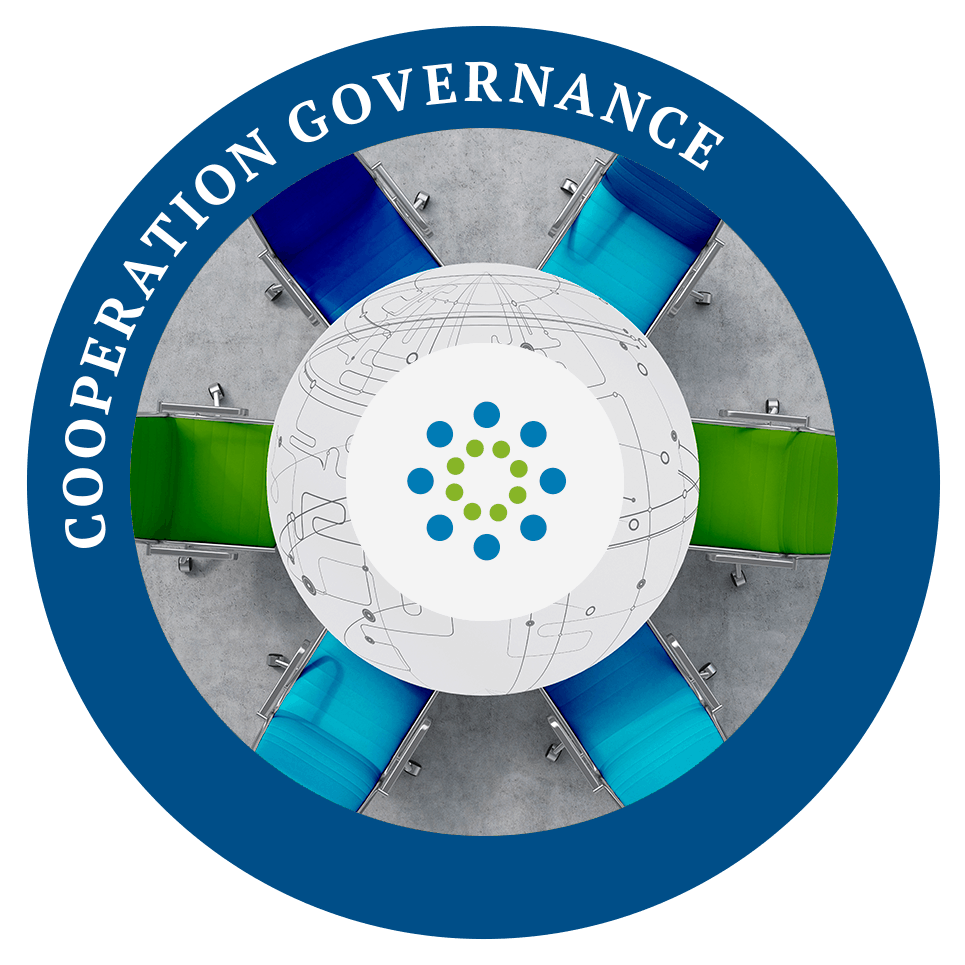Interreg Baltic Sea region 2021 – 2027
Priority 3:
Climate-neutral societies
Programme objective 3.1
Circular economy
The Programme supports actions that facilitate the shift from linear to circular resource use. This implies keeping products and materials in use for as long as possible without increasing pressure on the environment. The holistic approach shall go beyond waste management to connect with water, energy, transport
and land use.
Programme Objective 3.2
Energy transition
The Programme supports actions for the decarbonisation of energy systems in the region in order to reduce greenhouse gas emissions. The solutions shall increase energy efficiency in industrial production processes as well as in public and private building stock. The Programme also encourages actions to increase renewable energy production from locally available resources.
Programme Objective 3.3
Smart green mobility
A green and well-functioning cross-border mobility system is vital for the development of the region. The Programme supports the smooth movement of people and goods in and across urban and rural areas while saving resources by increasing efficiency, integrating different transport modes and accelerating digitalisation.
News
CompositeCircle kicked off in Lappeenranta: setting the stage for circular innovation
The CompositeCircle project officially launched with a multi-day kick-off meeting in Lappeenranta, Finland, bringing together partners from across the Baltic...
(No title)
Energy Equilibrium seminar in Lithuania — Energy Accumulation for municipal energy sector
With the support of Association of Local Authorities in Lithuania the seminar “Energy sector planning in municipalities for the transition to renewable...
Highlights from webinars and training workshops in Sweden
This past spring, our Swedish project partners, Sustainable Business Hub and the Municipality of Tomelilla, co-hosted both a webinar on the potential of...
Bringing Communities Together for Sustainable Change
16 July 2025 Bringing Communities Together for Sustainable Change written by Anna ZaccaroOn 22 May...
How transnational cooperation is building Europe´s future with youth
Explore how transnational cooperation is transforming Europe, from addressing climate change to fostering local economic growth. This exhibition highlights the powerful impact of collaboration beyond borders in shaping a stronger, more united future.
Painting Baltic Sea region cities blue
There is nothing more exciting than seeing an Interreg project in action. On 22 May 2025, the project City Blues showcased how it is changing areas around the city of Tampere to prepare it for the consequences of climate change better.
Four priorities & nine objectives
Four priorities for cooperation
Interreg Baltic Sea Region 2021-2027 creates opportunities for organisations to connect
as if there were no borders. With experience and EU funding, we help them cooperate and put their ideas into practice.
Jointly, we make the life of people around the Baltic Sea better.
The Programme is structured along with four priorities. They guide partners in achieving the most when cooperating across borders.



